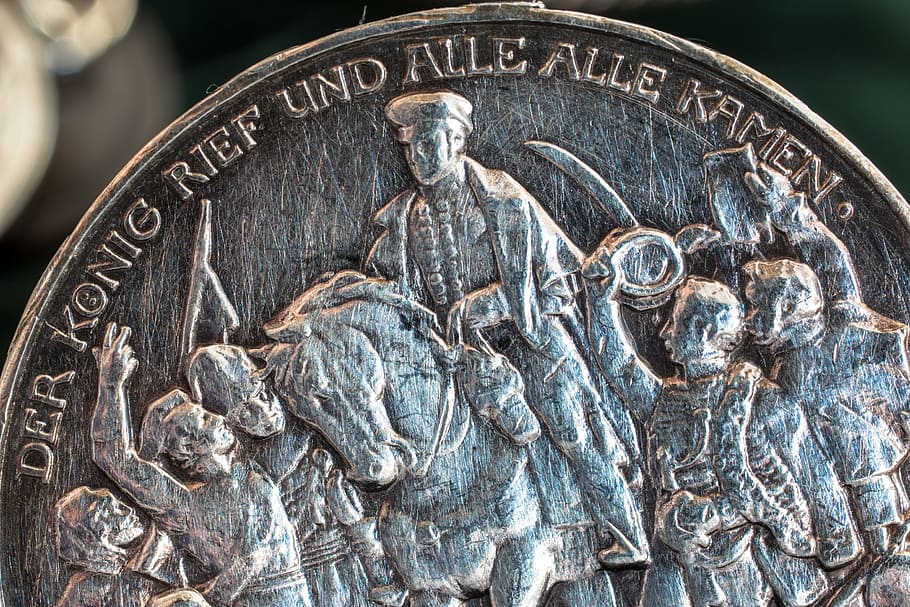
Throughout history, wealth has had many meanings. However, when we say “wealth” most people picture material goods like money, clothes, houses, and cars. But there’s also another definition to wealth besides the one that is widely accepted.
The second definition of wealth is more important to Stoics – it is immaterial wealth which dwells in our character, mind and soul. Stoics were familiar with both meanings of wealth and thought about them deeply.
Material wealth according to Stoics, is not bad nor good in itself, our perception of it makes it so. Wealth can be good if we use it to help others in need, but it can also be devastating for the soul if it becomes the only obsession in our lives. Therefore, our perception is what truly matters.
Epictetus said: “Wealth consists not in having great possessions, but in having few wants”.
And Seneca follows it with something very similar: “The greatest wealth is a poverty of desires”.
Epictetus and Seneca believed that material wealth often burdens the soul, because in general people’s obsession with the accumulation of wealth comes from their fear of the future. Nor realizing that the future is outside of our control.
So then it can be understood that when one has less wants, one is free from the burden of those wants, thus he’s truly rich if he doesn’t require more to be happy.
The state of mind in question is certainly connected with “inner-wealth” which cannot be taken away. Wealth doesn’t make us happy, especially when most people acquire wealth in order to have power over others. This craving of power deepens the desire.
On the contrary, Epictetus teaches us that:
All human beings seek the happy life, but many confuse the means – for example, wealth and status – with that life itself. This misguided focus on the means to a good life makes people get further from the happy life. The really worthwhile things are the virtuous activities that make up the happy life, not the external means that may seem to produce it. – Epictetus
When one is educated, wise, and content, wealth appears as something less important, it appears as something that doesn’t have value in itself. You can see numerous examples of how wealth influences people negatively on TV or on the internet and in everyday life. Humans often reveal their nature and character when wealth is in question.
In that respect Seneca notices: “Wealth is the slave of a wise man. The master of a fool”.
The last quote I would like to emphasize is one written by Marcus Aurelius, the Roman Emperor: “The only wealth which you will keep forever is the wealth you have given away”.
Namely, this Stoic philosopher, and Emperor saw through the irrelevance of wealth being the pure driving purpose in life. His statement reflects the “inner-wealth” which is attained after we give material goods to another who is less fortunate. The simple message is that material wealth should be perceived as the means, and immaterial wealth as the ends in our lives.
To conclude, material wealth is not good nor bad. Those qualities depend on our perception. It is wiser to believe in the beauty of immaterial wealth, as we traverse this short lived life. This kind of wealth cannot be taken away from you, because it grows within you in correspondence to your own character.










